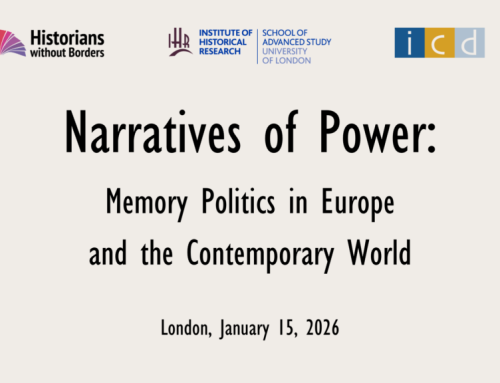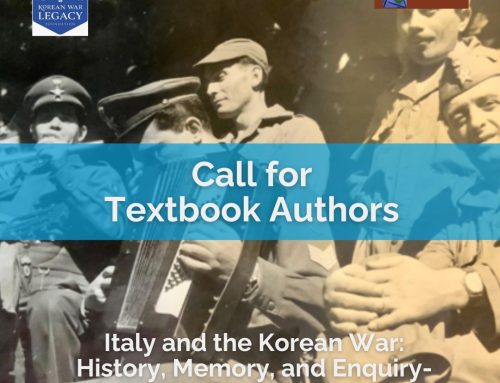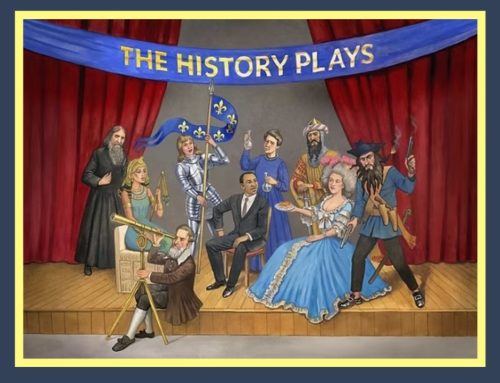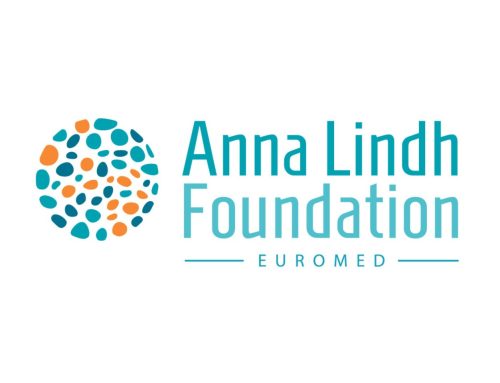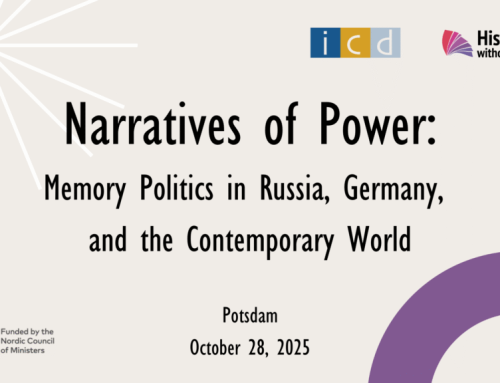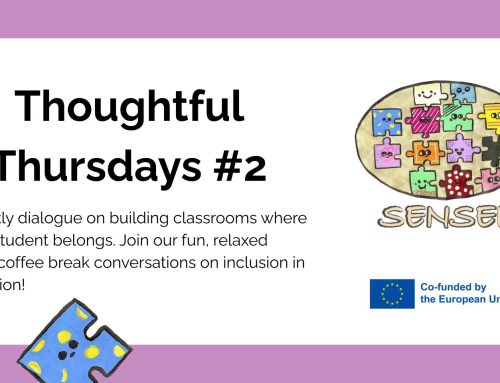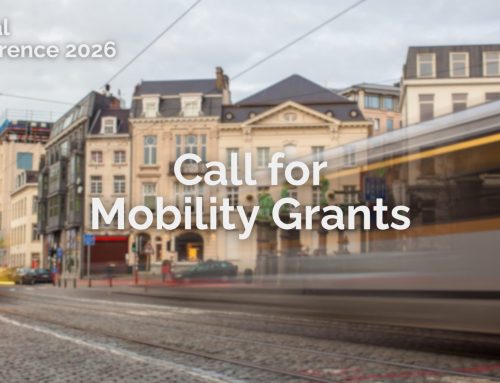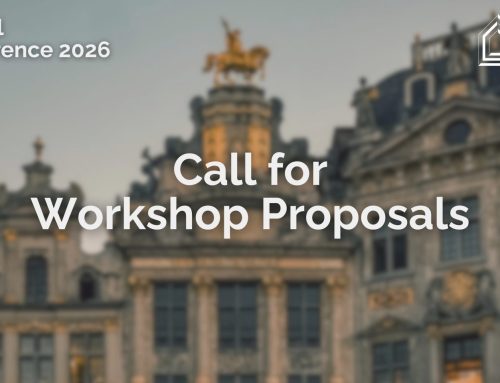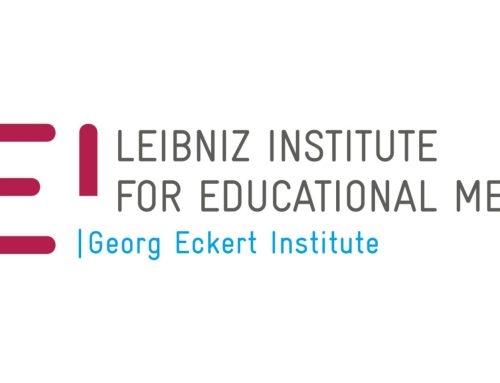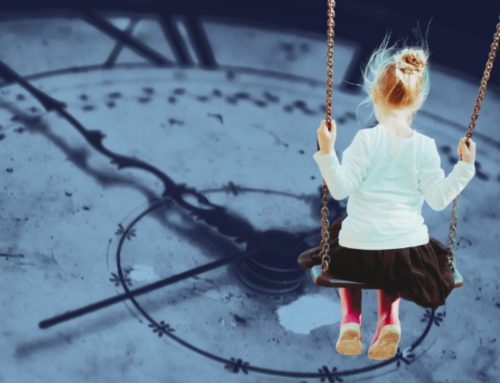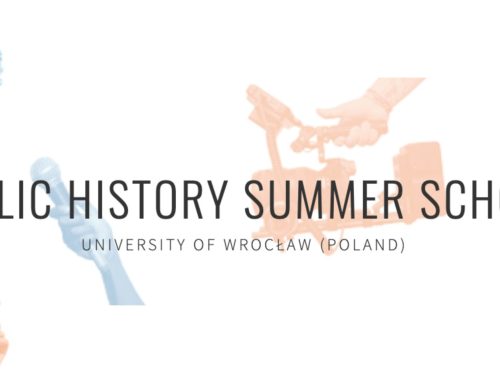Call for Authors
EuroClio’s Learning History that is not yet History (LHH) team is looking for teachers and education professionals from the former Yugoslavia who would be interested in becoming authors of learning material about the 1990s wars and the dissolution of Yugoslavia.
We are accepting applications until 16 August 2021 at 9:00 CEST (applications received after the deadline will not be considered).
The Project
This is EuroClio’s second Learning History that is not yet History (LHH) project. Our first LHH project developed recommendations for teaching the events of the 1990s wars in a responsible and multi perspective way, and was awarded the 2019 Global Pluralism Award. Click here to learn more about the first LHH project and its results.
Working off these recommendations, the team of authors of the LHH2 project will develop ready-to use learning activities and strategies for teachers teaching the 1990s wars in the classroom. These learning activities and strategies will pose questions like:
- How can teachers teach events that are not yet considered “history,” but are everywhere in the public sphere?
- How can teachers navigate the controversies of students’ personal family stories, contradictory national narratives, and competing ethnic victimhoods?
- How can they offer a balanced view of the wars to students while meeting curriculum requirements?
Click here to learn more about the LHH2 project.
[su_box title=” ” style=”bubbles” box_color=”#ffffff” title_color=”#000000″ radius=”5″]
How to Apply
Please send the following to
secretariat@euroclio.eu by 9:00 CEST, 16 August 2021 to apply:
✔ Curriculum Vitae (max 2 pages)
✔ Motivation Letter (max 1 page)
✔ Challenge (max 5 pages)
All documents must be in English except when otherwise specified.
Challenge
Authors must have the ability to design a lesson plan that other teachers can follow and implement. To demonstrate this, please submit a brief lesson plan on the events of the 1990s in the provided template. You should fill all sections of the template, and describe how your topic is relevant to the project and can apply to the wider context of improving education in the region. Please also provide 5 sources. Sources can be in the local languages, but their titles must be translated into English. If you choose to use an Internet source, please include a screenshot that ensures it can be viewed even if the source is taken down.
The selection will be made mid-September, based on the eligibility and award criteria (see below). Applicants need to score at least 60 points to be eligible. We will select 12 authors, with a view of representation of the entire region. We may contact applicants if we require more information.
Thank you for your applications!
[/su_box]
Eligibility
Applicants should be living and working in the region of the former Yugoslavia and have a working level of English and/or BCMS languages. Experience with developing educational resources, an interest and knowledge in history, and motivation to put the LHH recommendations into practice are assets. Please describe in your Letter of Motivation how you meet this profile.
It is possible to apply as an individual or as a group. Groups must be multinational (maximum one team member per country) and have a designated group leader. The group fee will be the equivalent of the Authors fee + the Contributors fees (see below). The costs for travel and stay will be covered for all team members. Please submit only one challenge and motivation letter per team submission, but a separate CV per team member.
What we offer:
This is an opportunity to:
- Work in a multinational team on a meaningful and interesting project;
- Gain experience in the development of educational resources;
- Each team meeting will include training workshops led by field experts, a cultural programme (e.g. museum visits, city tours), and moments for team members to exchange ideas and sources, work together, and discuss issues of teaching recent history;
- The costs for participation in the meetings (including travel, accommodation and catering) will be fully covered by the project;
- The final work will be designed, edited, and published in multiple languages to be widely disseminated in the region, crediting you as an author;
- Each author will receive a fee of 1200 EUR for their work during the entire duration of the project (2021-2023).
What we expect:
The learning activities will be developed in teams of Authors overseeing Contributors. As an Author, you would be expected to:
- Be responsible for the writing, development, and delivery of 2 learning activities;
- Oversee a team of contributors for these 2 learning activities;
- Contribute sources to one other lesson (overseen by another lead author);
- Take part in face-to-face and online working meetings;
- Pilot and peer review material developed by other lead authors;
- Lead a workshop at the end of the project based on the developed learning activities;
- Be available for the first team meeting 21-24 October 2021 in Belgrade, Serbia.
Lesson development & role of the Contributors
It is not guaranteed that all lead authors / authors teams will develop the activity that they submitted for the challenge. The topics will be decided once the authors are selected.
The development of the learning materials will be done as a collaborative process in teams with authors and contributors from all regions. Each team will develop two learning activities. The lead authors / group leaders will help select contributors. Contributors will get a fee of 400 EUR.
Please indicate in your application whether you would be interested in being a Contributor if you are not selected as an Author.
Eligibility criteria
- Currently living and working in the region of the former Yugoslavia (or planning to move there in the very near future).
- A working level of English and/or BCMS languages.
- Complete, correct, and on-time submission.
Award criteria
Quality (40 points) is the most important because we need to deliver a high-quality product and because we do not have many means to work on capacity building in the project:
- The quality of the general idea. Is it logical? Is it coherent? Does it make use of an “active work” approach? (10 points)
- The quality of the writing. Are the ideas clearly and eloquently expressed? Are the learning outcomes easy to understand? (10 points)
- The quality of the sources. Do they fit the overall idea? Are they suited for the age group? (10 points)
- The level of innovation. Is it original? Would it motivate students and teachers to use it? (10 points)
Relevance (30 points) is very important because we need authors who have a good understanding of what we are doing and make a tangible contribution towards implementing the recommendations:
- Relevance for the project. Is the topic about recent Balkan history? Does it support the implementation of the recommendations? (10 points)
- Transnational relevance. Is this idea relevant for multiple countries in the project? (10 points)
- Relevance for curricula. Can the lesson be used within the current curricula? (10 points)
Motivation (20 points) is important because people who are motivated are more likely to finish their work and continue to be involved after the project has ended:
- Personal motivation. Why do you want to be part of this project yourself? (10 points)
- Societal motivation. Why do you believe this project is needed for society? (10 points)
Impact (10 points) is also important because authors with a bigger potential to create impact, can add more to the project, than authors who are not able to create this impact in their communities/regions:
- What do you plan to do to share the result of the project beyond the people already involved? (10 points)


